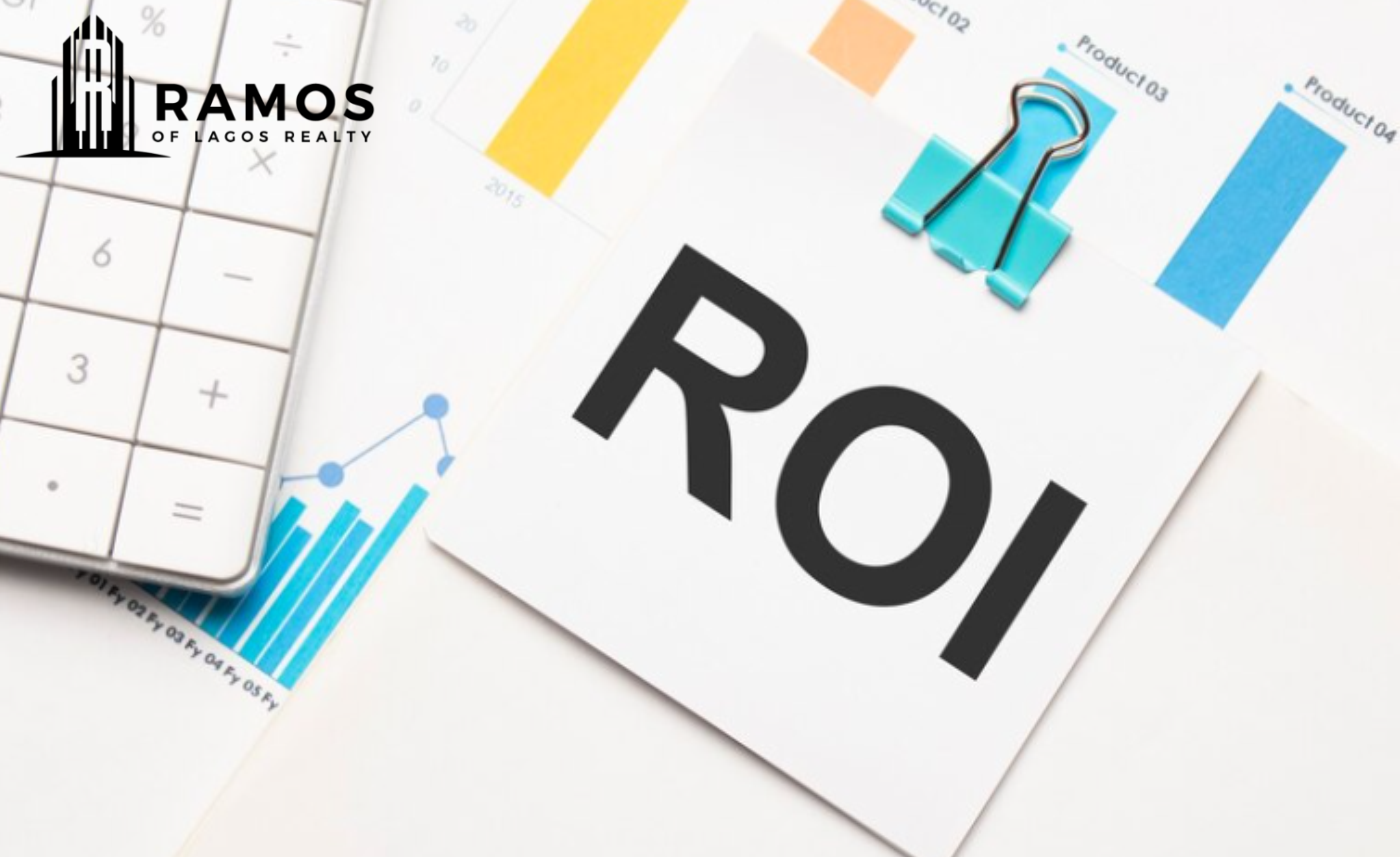Getting a return on investment (ROI) in commercial and residential real estate involves strategic planning, diligent management, and a keen understanding of the market. Here are some general guidelines to help you maximize ROI in both commercial and residential real estate investments:
- Conduct Thorough Research:
- Before investing, research the local real estate market. Understand trends, property values, and the economic outlook. For commercial real estate, consider factors such as vacancy rates, demand for space, and potential growth in the area.
- Set Clear Investment Goals:
- Define your financial goals and investment objectives. Whether it’s rental income, property appreciation, or a combination of both, having clear goals will guide your investment strategy.
- Choose the Right Location:
- Location is a critical factor in real estate success. In residential investments, proximity to amenities, schools, and public transport can enhance property value. For commercial properties, choose locations with high foot traffic and accessibility.
- Diversify Your Portfolio:
- Diversification helps spread risk. Consider investing in a mix of residential and commercial properties. Different property types and locations can provide a balance and help mitigate the impact of market fluctuations.
- Enhance Property Value:
- Make strategic improvements to boost property value. Renovations, energy-efficient upgrades, and landscaping can enhance the appeal of residential properties. For commercial spaces, consider tenant-friendly improvements that attract businesses.
- Efficient Property Management:
- Efficient property management is crucial for both commercial and residential properties. Timely repairs, responsive communication with tenants, and effective cost management contribute to tenant satisfaction and retention.
- Set Competitive Rental Rates:
- Conduct market analyses to determine competitive rental rates. Setting appropriate rental prices ensures a steady income stream and attracts quality tenants.
- Leverage Tax Incentives:
- Understand the tax incentives available for real estate investors. Deductions, depreciation, and other tax benefits can significantly impact your overall ROI.
- Monitor Market Trends:
- Stay informed about market trends, interest rates, and economic indicators. Being aware of changes in the market allows you to make informed decisions and adapt your strategy accordingly.
- Regularly Review and Adjust: – Regularly review your investment portfolio and financial goals. Assess the performance of each property and be willing to adjust your strategy based on market conditions.
- Consider Professional Advice: – Consult with real estate professionals, financial advisors, and property managers. Their expertise can provide valuable insights and help you make informed decisions.
- Manage Financing Wisely: – If you’ve financed your investments, manage debt wisely. Explore refinancing options, and ensure that interest rates and financing terms align with your investment goals.
Conclusion
Remember that real estate investments are long-term endeavors, and patience is often key. By adopting a comprehensive and proactive approach, you can enhance the likelihood of achieving a positive ROI in both commercial and residential real estate.





